Land Access Strategy: One Farmer and 8,000 Landlords at Fordhall Farm
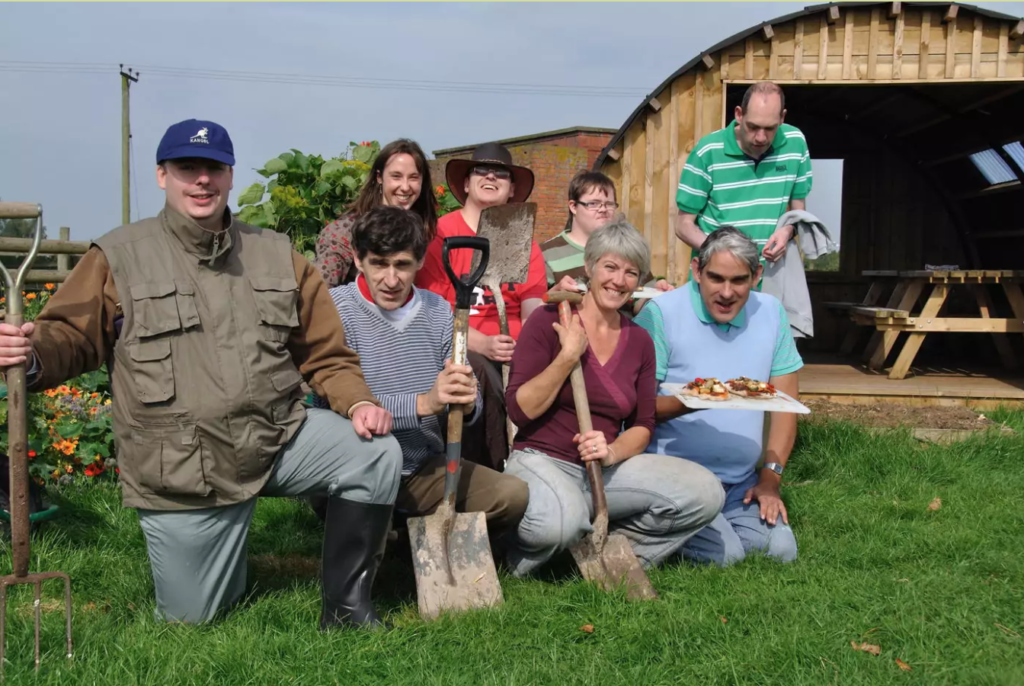
Fordhall Farm shows how enterprising young farmers can engage with the community, mutualise the land and put it into trusteeship using the Industrial and Provident Society structure, raise the purchase capital from members and balance community access rights with farming needs. Ben and Charlotte Hollins were given a Schumacher Award in October 2006.
Land Access Strategy: The National Trust of England
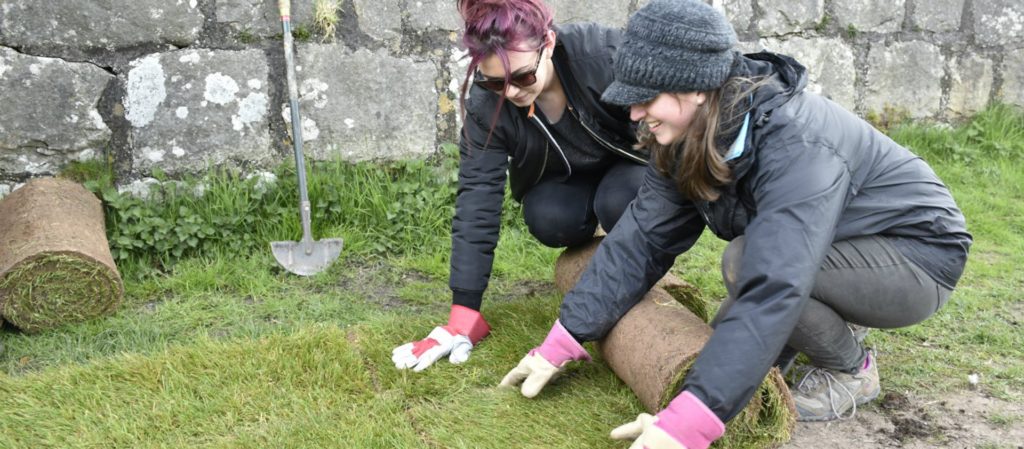
The National Trust of England is the country’s largest owner of farmland. Agricultural land is one aspect of the organization’s conservation goals. Established in the late 1800s, with a vision for preserving the nation’s heritage and open spaces, the charity organization has continued to uphold the value of their founders. Originally established as an Association not-for-profit in 1884, the trust was soon after given more solidity through various acts of British Parliament. The organization remains independent of government and relies on grants, donors and other sources of income, rather than direct government subsidy. Some of the funds come from admission to and products from the trusts Home Farm as well as other preserved historic estates.
Land Access Strategy: Black U.S. Farmers Employ Numerous Strategies to Maintain Land Ownership and Farm Operating Independence
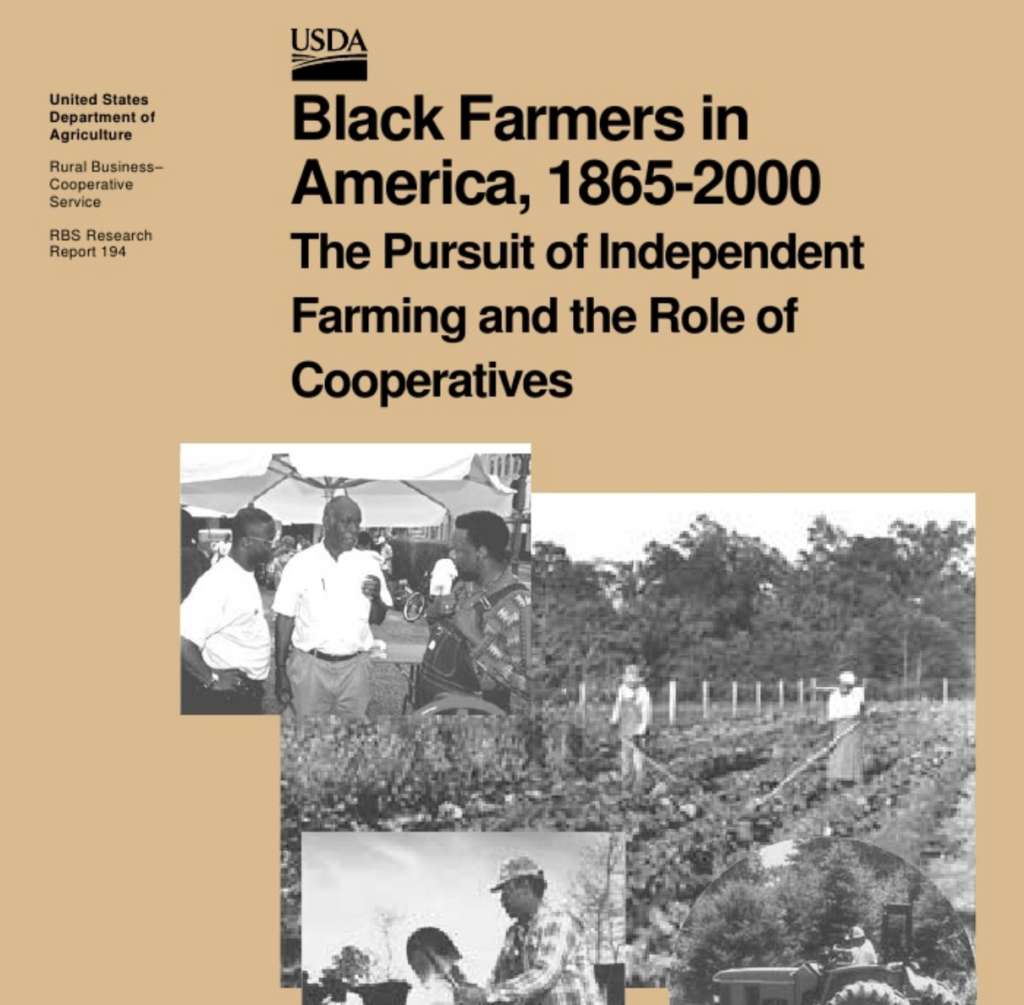
Black farmers have developed countless creative and enduring responses to the challenges of discrimination and disinvestment in US agriculture. Far too many of the initiatives led by Black farmers in the past did not thrive due in part to a hostile social and political climate that devalued and discouraged their efforts. The continued work of organizations such as the Federation of Southern Cooperatives helps ensure that the innovative approaches to land ownership and agricultural production developed by Black farmers will be recognized and documented, as well as carried forward by future generations. We still have much to learn from the history of Black farmers in America.
Thirty Years of Trailblazing a Farm Community at Temple-Wilton Community Farm
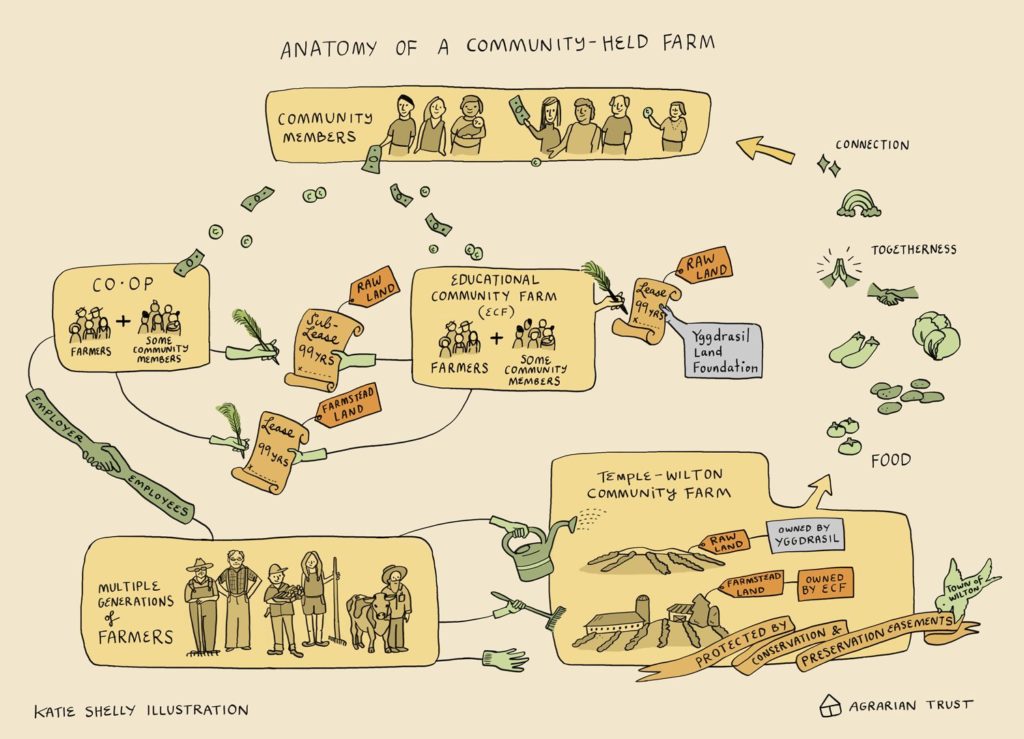
The story of Temple-Wilton Community Farm is one of community and commitment, persistence, and vision. As a community-based farm, Temple-Wilton provides support for its farmers and food security for its members. The farm exemplifies how Agrarian Trust might protect a working farm in perpetuity as a kind of ‘agrarian commons’ while upholding the values of access, affordability, and land security.
Land Access Strategy: Sharing Risk with Split Mortgages
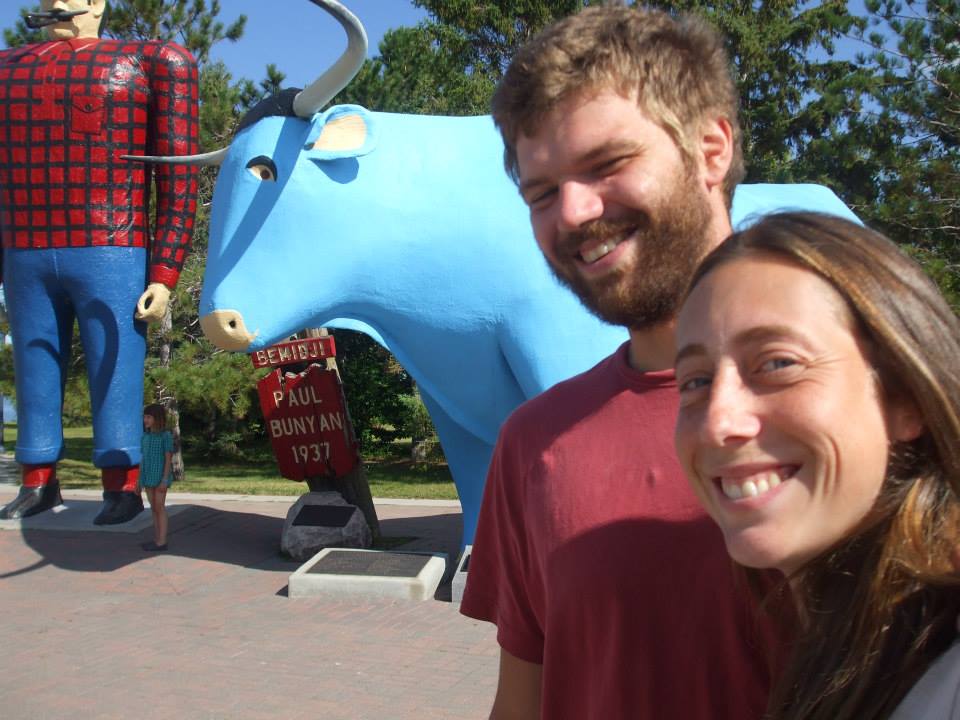
Investing in small-scale agriculture is not always seen as a secure investment. Sharing the risk by using a split mortgage helped Blue Ox Organics farmers Lauren and Caleb Langworthy buy their land.
Creating an Agrarian Commons
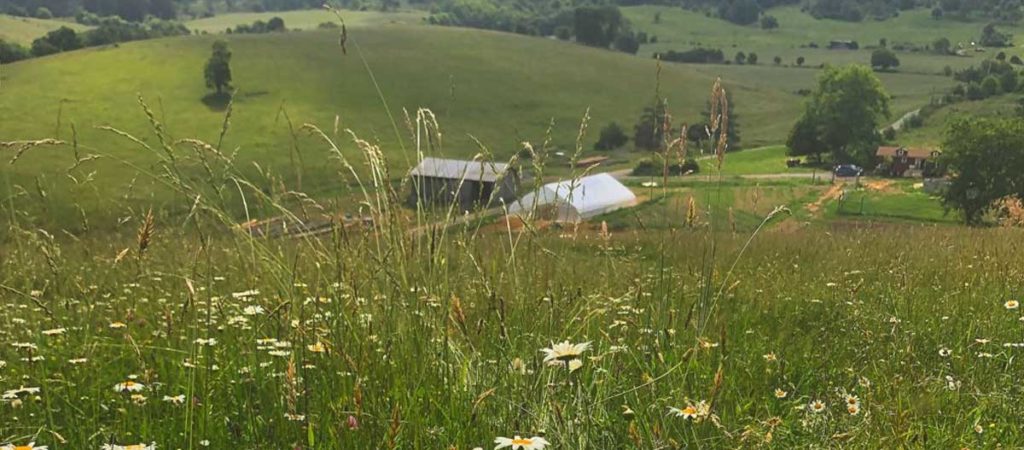
How do we cooperatively own and steward land for food sovereignty, soil and ecosystem health, community benefit, service to the watershed, and more? Agrarian Trust’s proposed method is a new form (legal, cultural, and financial) of land ownership to support land access for the next generation of farmers, and we make the path by walking it.
Land Access: Agritopia
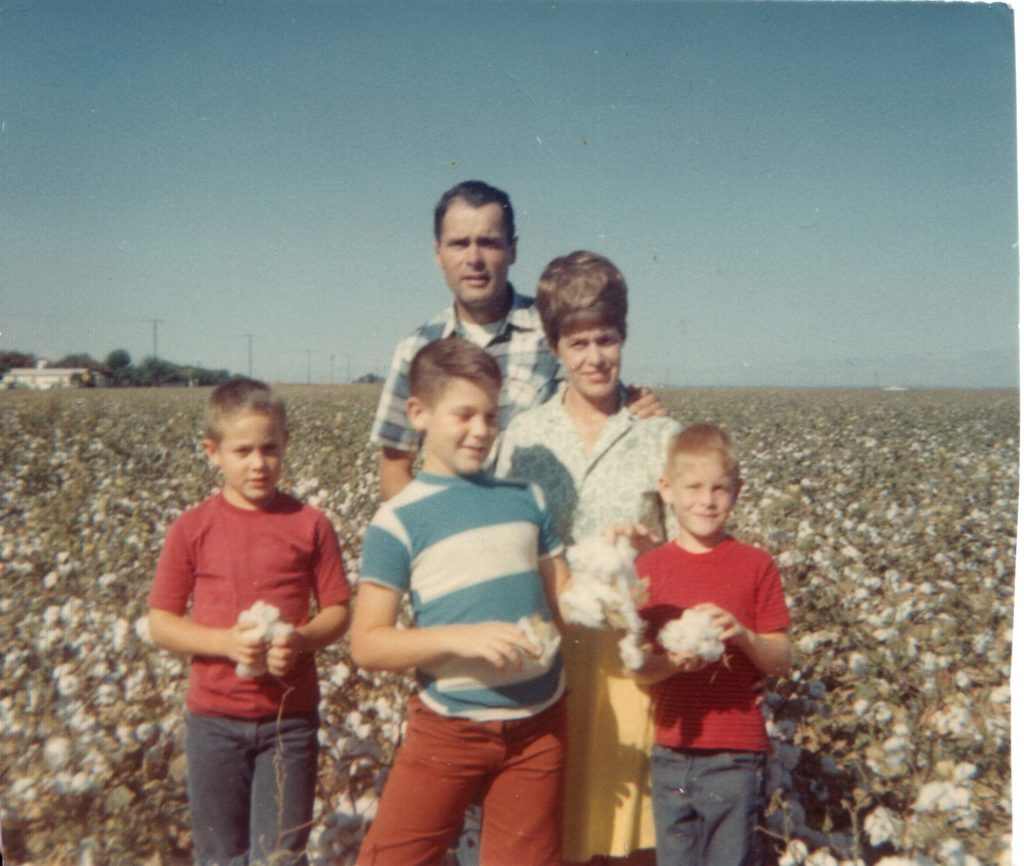
Agritopia – Pioneering Agrihood, Reclaiming Village Life Interviewing Joe Johnston – Phoenix, Arizona Agritopia is an urban farm and something of a modern village designed to flourish in suburban Phoenix. Launched a decade ago, this pioneering agrihood was developed by the original farming family, and spearheaded by their son, Joe Johnston. As a case […]
Access Story: Native Hill Farm and Poudre Valley Community Farms
Farmer Nic Koontz of Native Hill Farm in Fort Collins, Colorado is going to be able to have a long-term lease – likely 20 or 30 years – as a result of a land cooperative model. Poudre Valley Community Farms (PVCF) is a land coop in Colorado. They’re seeking 150 households, restaurants, and others to buy a […]
Farm Profile: Swanton Berry Farm
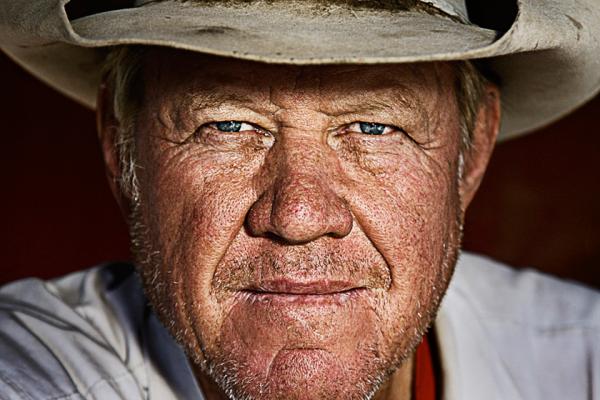
A Tireless Crusader for Fair Labor on the Farm Jim Cochran calls himself a “persistent son-of-a-gun.” It’s an apt description, given his record. He’s the founder and general manager of Swanton Berry Farm, a 200-acre operation with 80 acres in organic fruit and vegetable production on California’s Central Coast. Swanton is well-known at Santa Cruz […]
Project Profile: SOLEfood Farms
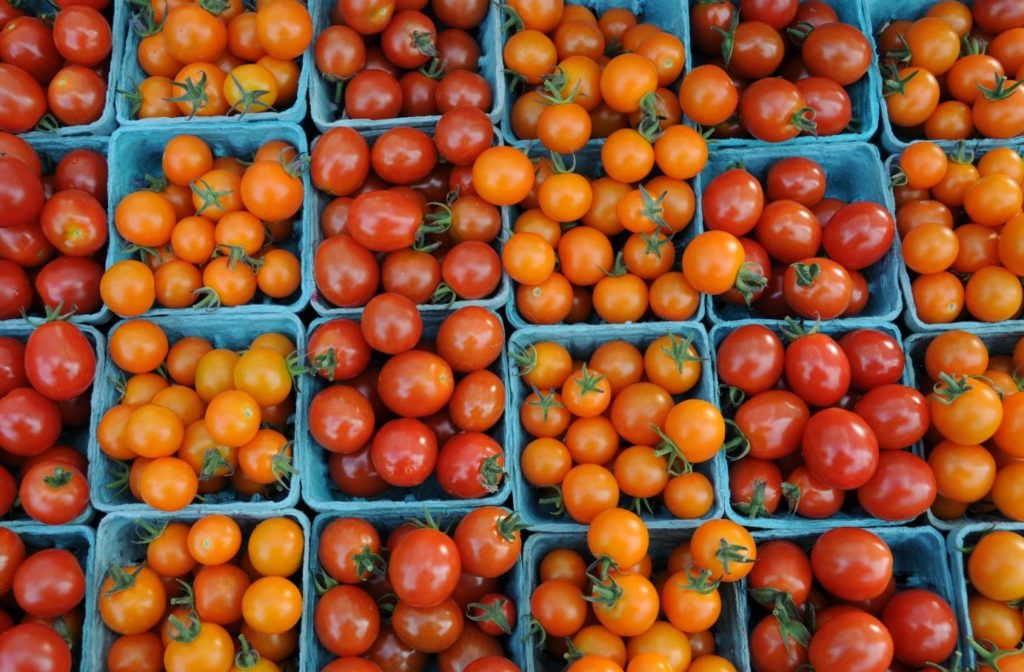
Across the country, continent and worldwide, urban agriculture is becoming a real solution for growers. Keep Growing Detroit aims to grow all of Detroit’s food within city limits and 596 Acres turns its eye to the public-owned vacant land in New York City. These groups serve to help growers navigate and transform city ordinances and […]